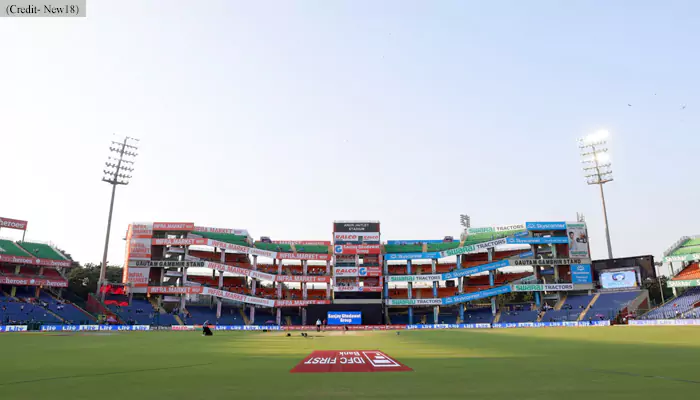The impact of major sporting events on host cities: Economic and social effects
- Rinks
- 1 year ago
- 4 minutes read

Explore the economic and social impacts of major sporting events on host cities, including both the benefits and challenges.
Hosting a major sporting event like the Olympics, the FIFA World Cup, or the Super Bowl is often seen as a prestigious honour for a city. These events bring the global spotlight to the host city, promising potential benefits that can boost local economies and elevate international profiles. However, the impact of these events is a double-edged sword, bringing both positive and negative effects that ripple through the economy and society. Explore the economic and social impacts of major sporting events on host cities here!
Economic boost
One of the most touted benefits of hosting a major sporting event is the potential for significant economic gain. Cities often experience a surge in tourism, with visitors flocking to witness the spectacle and experience the event firsthand.
Tourism and hospitality
Major sporting events attract thousands, sometimes millions, of visitors from around the world. These visitors spend money on hotels, restaurants, transportation, and local attractions, providing a temporary but substantial boost to the local economy. For example, during the 2012 London Olympics, the city saw an influx of over 470,000 international visitors, contributing to a short-term economic boom in the hospitality and service sectors.
Job creation
The preparation and execution of major sporting events typically require a significant workforce. From the construction of stadiums and infrastructure to the operation of event facilities, these projects create jobs in a variety of sectors. This can temporarily reduce unemployment and inject money into the local economy. For instance, the 2014 FIFA World Cup in Brazil generated an estimated 3.6 million jobs across the country.
Infrastructure investments
Host cities typically invest heavily in infrastructure improvements to accommodate the influx of visitors and ensure the smooth operation of the event. These investments can include upgrading transportation networks, building new sports facilities, and revitalising urban areas. While these projects can benefit the city for years to come, they also come with significant costs. The challenge is ensuring that these investments have a sustainable and long-term purpose beyond the event itself. In some cases, newly built stadiums and facilities have fallen into disuse, becoming costly burdens on the city’s finances.
Economic displacement
The focus on event-related development can sometimes lead to the displacement of local communities and businesses. In preparation for the 2008 Beijing Olympics, thousands of residents were relocated to make way for new stadiums and infrastructure. This can create economic disparities, with some groups benefiting from the event while others bear the cost of displacement and disruption.
Community engagement and national pride
Beyond the economic effects, major sporting events also have a significant social impact on host cities. These events can foster a sense of community, pride, and identity, bringing people together in a shared experience.
National and global exposure
Hosting a major sporting event places a city on the global stage, offering an opportunity to showcase its culture, history, and achievements. This increased visibility can boost national pride and inspire a sense of unity. However, the intense scrutiny that comes with global exposure can also amplify any negative aspects, such as social inequalities or political controversies.
Major sporting events have the potential to bring significant economic and social benefits to host cities, including increased tourism, job creation, and a sense of national pride. For cities considering hosting such events, it is crucial to weigh these factors carefully and plan for sustainable development that benefits all residents. When managed well, the legacy of a major sporting event can be a positive force for economic growth and social cohesion, but the pitfalls must be carefully navigated to avoid long-term negative consequences.











